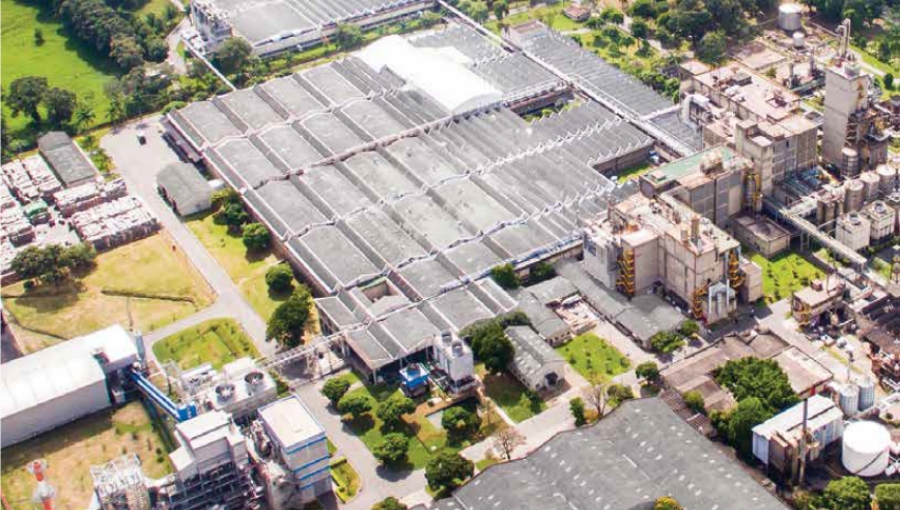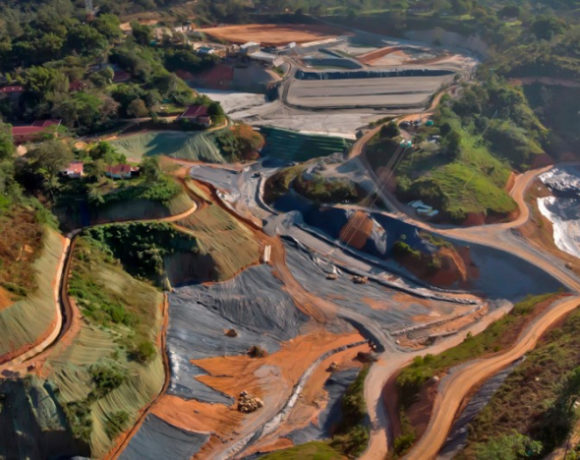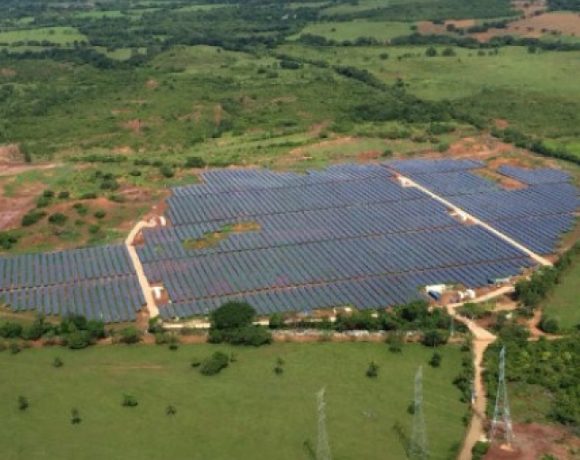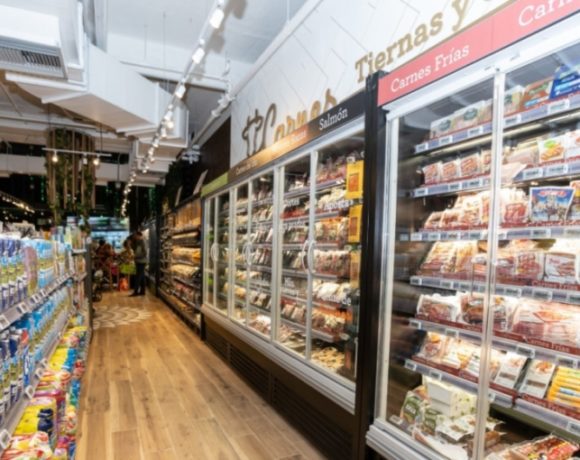Enka Full-Year 2017 Net Income Drops, but Exports Climbing

Medellin-based recycled plastics textile manufacturing specialist Enka Colombia announced March 15 that its full-year 2017 net profit fell to COP$1.7 billion (US$595,000), down from COP$10.6 billion (US$3.7 million) in 2016.
Colombia’s weak economy in 2017 combined with a 25% drop in domestic demand for textiles hurt Enka sales and profits — but growing exports helped to compensate for domestic declines, according to the company.
Operating revenues rose 10% year-on-year, to COP$357 billion (US$125 million), once excluding the negative impact of sales terminations in economically wrecked “socialist” Venezuela.
Exports (excluding Venezuela) now account for 48% of Enka sales, up from 41% in 2016, according to the company. Sales to Brazil rose 29% year-on-year, while sales of filament for the fisheries industries in Perú, Chile and Spain also rose, according to the company.
México and the USA also boosted purchases of certain Enka fibers for production of tires and specialty clothing, the company added.
Following US$100 million invested in high technology, Enka is now the leading recycler of PET (polyethylene terephthalate) plastic from plastic bottles — turning this waste material into novel textiles for clothing as well as specialty filament for tire manufacture.
“Our company is totally immersed in the global economy, taking raw materials from Asia, Europe and the Americas and then transforming and distributing products to clients in 19 countries,” according to Enka.
Today, 51% of its products are made from recycled plastics. But this is about to grow thanks to further investments in machinery that will convert not just plastic bottles but also plastic caps and labels into textile material, according to Enka.
This new process will start-up in second-half 2018, producing a recycled resin of “excellent quality and contributing to the sustainability of the plastic sector in Colombia,” according to the company.
Enka now has two PET recycling plants with capacity to process 34,000 tonnes per year; its national recovery system also is capable of collecting and reprocessing more than 1 billion PET bottles every year, according to the company.
Growing environmental consciousness around the world is helping to boost this business, further spurred by Organization for Economic Cooperation and Development (OECD) initiatives that have been embraced by the Colombian government.
Thanks to advanced technology investments, product innovations and productivity gains, “we have developed a wide portfolio of differentiated products that meet the needs of the most profitable market niches, thus reducing our exposure to Asian commodity producers,” according to Enka.
Novel textile materials generated COP$246 billion (US$86 million) in sales last year, up 4% year-on-year, accounting for 69% of total sales.
Meanwhile, Enka’s virgin PET sales would have been even greater in 2017 except for the situation in Venezuela, the company added.
Industrial thread 2017 sales grew 8% by volume and 18% by revenues year-on-year, with 85% of those sales going to export markets.
While filament sales were hurt by the plunge in Colombian textile production, filament sales to Brazil and Argentina helped compensate. As a result, filament sales showed net drop of 2% year-on-year, while Colombia sales dropped from 22% of sales in 2016 to just 15% of sales in 2017.
Thanks to investments in “EkoPET” technology, industrial thread modernization and self-generation of electric power, Enka added that it has boosted earnings before interest, taxes, depreciation and amortization (EBITDA) by 80% over the past eight years.
For 2017, EBITA came-in at COP$23 billion (US$8 million), up 4.7% year-on-year when excluding Venezuela..
Gains in cash-flow also cut financial debt, so that by year-end 2017, Enka’s debt ratio fell to 1.6-times EBITDA, according to the company.
















